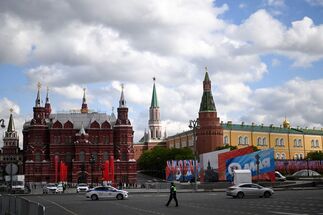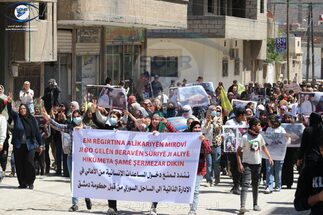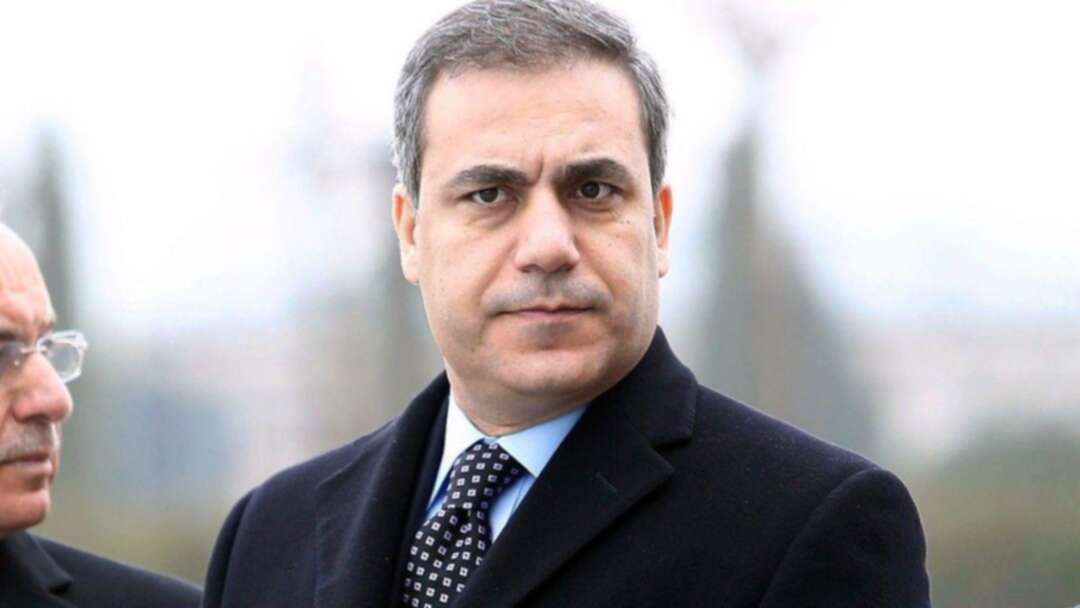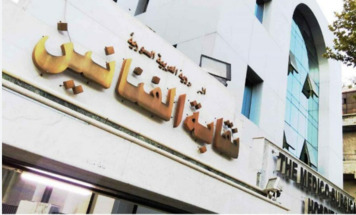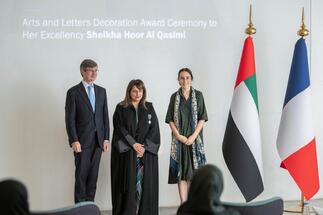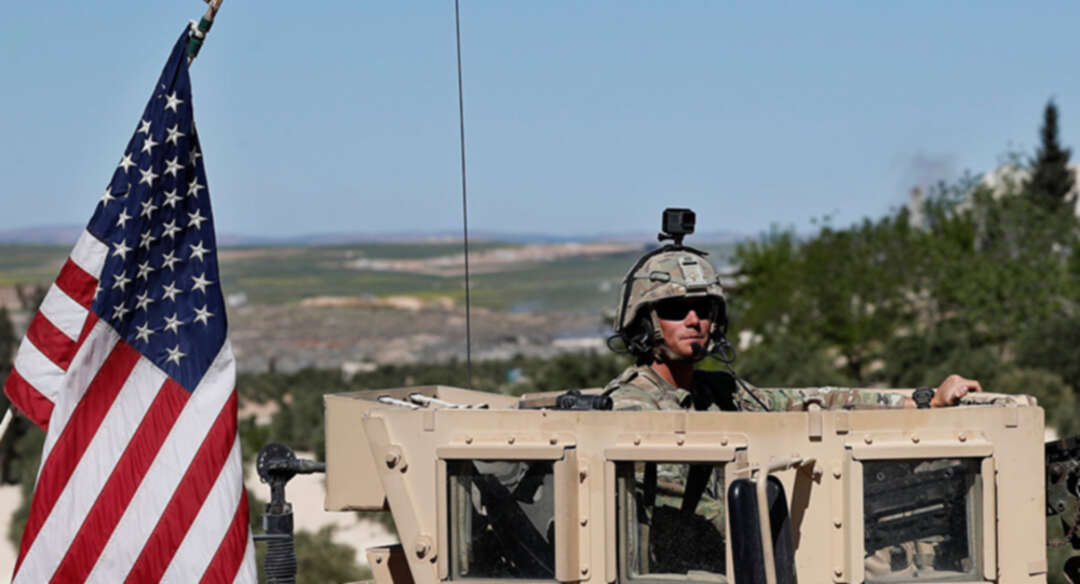-
Russian Leadership Informs Syrian Government of Its Intention Not to Intervene in Any New Conflict
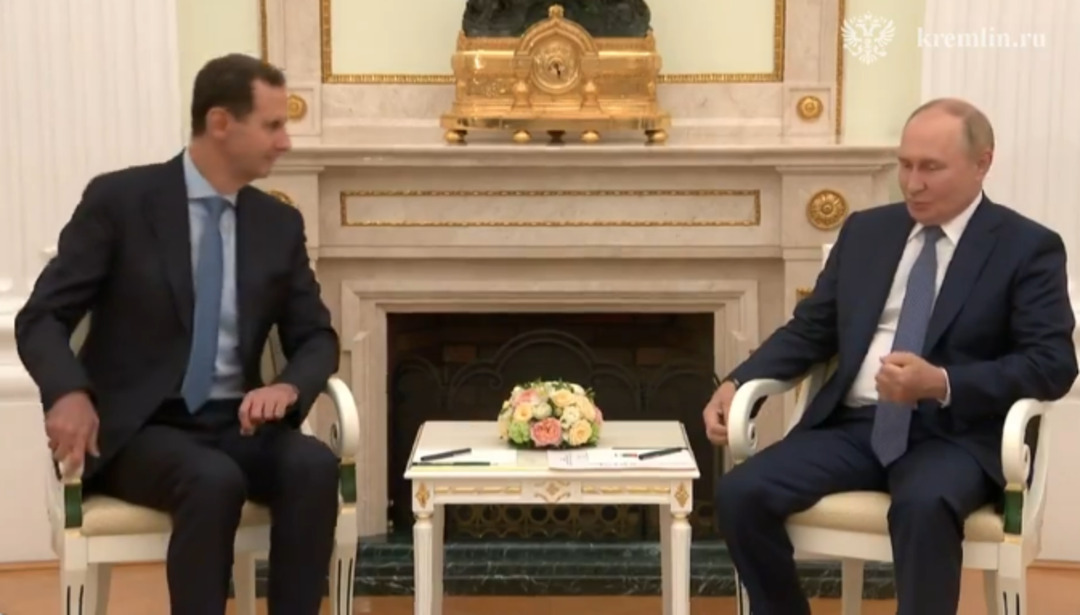
Informed sources reported that the Russian leadership has notified the Syrian government that it does not intend to provide any assistance in the event of a new conflict between the government and Syrian opposition. This development comes at a sensitive time characterized by radical changes in the region, highlighting the deteriorating military and political balances in the country.
According to the details, sources confirmed that Moscow issued direct warnings to the Syrian government regarding the necessity to refrain from provoking opposition forces, pointing to the recent escalation carried out by pro-government forces affiliated with Hezbollah in the Aleppo countryside. This escalation serves as a reminder to Syrian officials that conditions in the region remain flammable, which could exacerbate tensions with opposition forces present in that area.
It is noteworthy that this Russian stance comes amid serious regional developments. Russia, facing significant domestic challenges and a war with Ukraine, seeks to avoid entering new conflicts that could drain its resources. Russia has repeatedly emphasized that it focuses on managing its internal challenges and avoiding entanglement in conflicts with any parties, whether regional or international.
This shift in the Russian position raises questions about the future of relations between Moscow and Damascus. Russia has been the main ally of the Syrian regime over the past years, providing substantial military and financial support when the conflict erupted in 2011. However, the current changes indicate that Moscow may be hesitant to provide direct support in future conflicts.
Additionally, the commitment not to intervene in new disputes may reflect Russia's desire to maintain its relationships with other regional and international powers, as the Kremlin looks to rectify its position on the global stage and strengthen its standing in diplomatic negotiations rather than becoming embroiled in new military conflicts.
These developments come at a time when tensions between the Syrian government and the opposition are escalating. Any provocative action by the Syrian army or its allies poses risks to the fragile stability that the country is experiencing. Thus, it is clear that what Syria needs now is political agreements and a peaceful resolution to end the suffering of the Syrian people, rather than escalating military confrontations that will not benefit any of the parties involved.
In conclusion, the recent Russian stance seems to serve as a breath of fresh air during a critical time and indicates that Syria's future relies more than ever on regional stability and achieving understanding among the concerned parties, away from the involvement of any armed forces in a new spiral of violence.
You May Also Like
Popular Posts
Caricature
BENEFIT Sponsors Gulf Uni...
- April 17, 2025
BENEFIT, the Kingdom’s innovator and leading company in Fintech and electronic financial transactions service, has announced its sponsorship of the “Innovation and Sustainable Technology Solutions Competition (GU - IST Solutions), hosted by Gulf University at its main campus.
This strategic sponsorship reflects BENEFIT’s active role in advancing technological innovation and fostering sustainable solutions to future challenges. It also seeks to empower Bahraini youth by enhancing their skills, capabilities, and competitiveness in innovation and solution development—contributing meaningfully to the broader goals of sustainable development across all sectors.
As part of BENEFIT’s active involvement in the competition, the company has announced that Hanan Abdulla Hasan, Senior Manager of Public Relations and Communication, will serve on the competition’s supervisory committee. Her upcoming participation reflects BENEFIT’s forward-looking commitment to championing academic and professional excellence.
Commenting on the occasion, Hanan Abdulla Hasan, Senior Manager of Public Relations and Communication at BENEFIT, said, “We are privileged to support this pioneering initiative, which aligns seamlessly with BENEFIT’s enduring commitment to fostering innovation and nurturing the potential of Bahrain’s youth. Our participation is rooted in a deep sense of social responsibility and a firm belief in the pivotal role of innovation in shaping a sustainable future. Through such platforms, we seek to empower the next generation with the knowledge, skills, and foresight required to develop impactful solutions that address future challenges, in line with the United Nations Sustainable Development Goals 2030.”
Dr. Aseel Al Ayash Dean of the College of Engineering in Gulf University commented, “We extend our sincere gratitude to BENEFIT for their generous sponsorship and support of the Innovation and Sustainable Technology Solutions Competition. This contribution plays an instrumental role in helping us achieve the strategic goals of this initiative, namely, cultivating a culture of innovation and sustainability, encouraging efforts that address the imperatives of sustainable development, and enhancing the practical and professional capabilities of our students and participants.”
The event will bring together a diverse spectrum of participants, including secondary school students, university undergraduates, engineers, industry professionals, entrepreneurs, academic researchers, and subject matter experts representing a wide range of disciplines.
The competition seeks to inspire participants to develop and present innovative, sustainable technologies aimed at addressing pressing environmental, social, and economic challenges. It encourages the formulation of business models that integrate advanced technological solutions with core principles of sustainability. Moreover, it serves as a platform for emerging leaders, entrepreneurs, and innovators to contribute to the advancement of the Sustainable Development Goals, promote the ethos of responsible technology, and demonstrate its transformative potential across various sectors.
Attendees will have the opportunity to view a series of project presentations submitted by participants, covering diverse areas such as eco-friendly product design, smart and sustainable innovations, renewable energy technologies, water conservation and management, waste minimisation and recycling, green architectural solutions, and sustainable transportation systems. Outstanding projects will be formally recognised and awarded at the conclusion of the event.
opinion
Report
ads
Newsletter
Subscribe to our mailing list to get the new updates!


